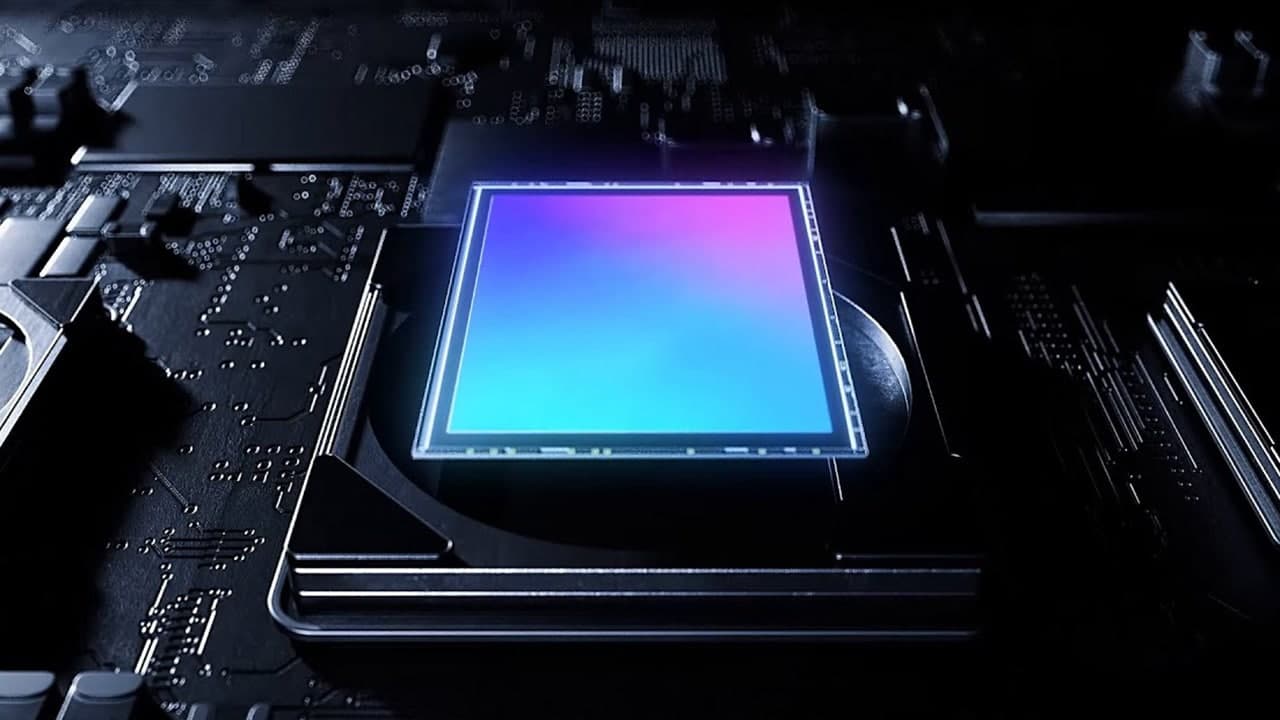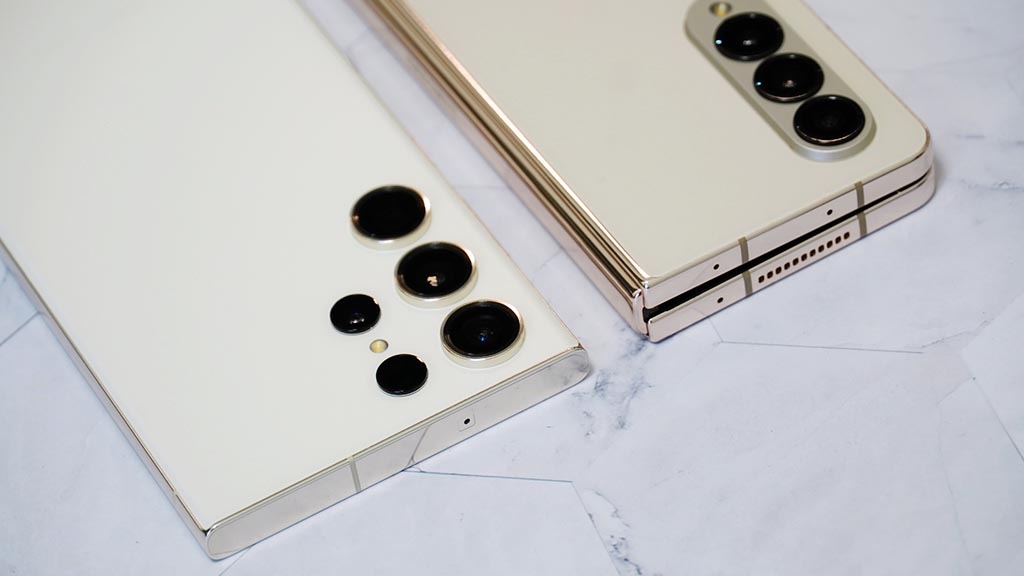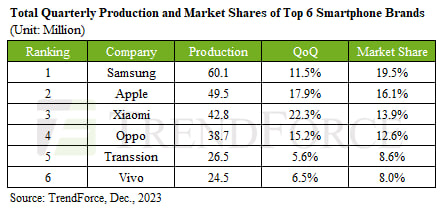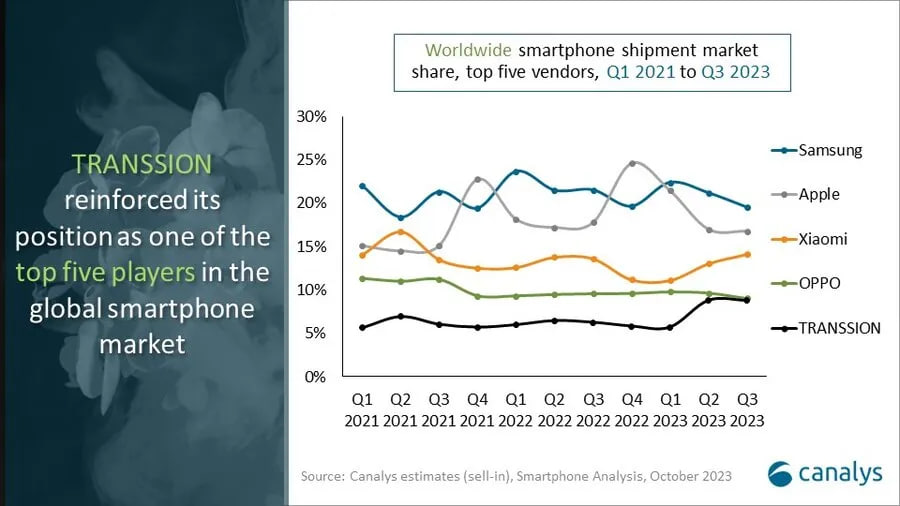Business
South Korea plans to invest 160 million USD to develop sensors technology

According to the latest info, the South Korean tech giant plans to invest 186.5 billion won ($160 million) to develop the most widely used sensors technology in the field of automotive and mobile devices.
As per the Department of Trade, Industry, and Energy the country will allocate funds to the university and businesses starting next year until 2028.
Join Sammy Fans on Telegram
The sensors refer to small electronic devices that signal external stimuli, including light or sound, and are converted into electrical signals. The annual sensory demand is expected to reach 1 trillion units by 2024, from the estimated 100 billion by 2020.
“Sensors are expected to play a greater role in line with the fourth industrial revolution and the growth of the contact-free economy,” the ministry said in a statement.

The department said the country would protect the next generation of core sensory technologies, which should be expected to grow in line with the economic recovery after the disease. And the money will be used to upgrade the National Nanofab Center-related infrastructure in downtown Daejeon.
South Korea will provide local businesses with consultation plans to help them penetrate deep into overseas markets. The global sensory market is expected to reach the US $332.8 billion by 2025, an increase of 11 percent annually from an average of $193.9 billion sold last year, according to the department.
The investment is the government’s latest move to promote what it calls the Digital New Deal, which aims to invest the 58 trillion won acquired in key digital technologies, such as network infrastructure and automation, to create about 900,000 jobs by 2025.
Business
Samsung leads Q3 smartphone market, Huawei’s entry haunts Apple

Samsung ranked first in market share in the global smartphone market in Q3, 2023. TrendForce report says that Samsung led the global Q3 smartphone market, recording a market share of 19.5%.
Overall production in the third quarter increased by 11.5% compared to the previous quarter to 60.1 million units. During the same period, Apple’s production increased by 17.9% to 49.5 million, thanks to iPhone 15.
Follow our socials → Google News | Telegram | X/Twitter | Facebook | WhatsApp
Third place was taken by Xiaomi (13.9%), followed by Oppo (12.6%) and Transion (8.6%). 6th place is Vivo (8%). Meanwhile, global smartphone production reached 308 million units, a 13% increase compared to the previous quarter and a 6.4% increase from the previous year.
Huawei’s re-entry into the flagship smartphone market targeting Apple has had a significant impact in China. Huawei is aiming to expand its high-end flagship series, focusing on the Chinese domestic market next year, so Apple “We plan to attack directly”.

// Source
Business
Underdog phone brand jumped 50%, Samsung and Apple lost ground

In Q3 2023, Samsung and Apple’s market share slightly declined, while an underdog Chinese phone brand appeared on the top 5 chart. In a recent development, Canalys published market research data for the third quarter, revealing Tanssion as the fifth best-seller globally.
According to the info, Samsung and Apple lead total sales with 20% and 17% market share, yet both have fallen from their 22% and 18% levels in 2022. However, Tanssion, the maker of Tecno, Itel, and Infinix phones, climbed from 6% global market share last year to 9% in 2023, a 50% jump.
Follow our socials → Google News | Telegram | X/Twitter | Facebook | WhatsApp
Apart from this, Xiaomi matched last year’s share only by “recovering” from a terrible first half of 2023. At the same time, OPPO has fallen steadily over the past two years, while fellow BBK brand vivo lost the top-5 slot it’s owned for years.

Overall, the global smartphone market underwent a slight drop of 1% in Q3 2023. Bolstered by regional recoveries and new product upgrade demand, the smartphone market recorded a double-digit sequential growth in Q3, ahead of the sales seasons.
Business
Samsung enjoyed 2023’s last victory over Apple?

Recently, research agency Counterpoint Research published their latest analysis. The report reveals that Samsung continued its leadership in the third quarter of 2023, while Apple remained in the second spot. However, both OEMs faced a decline of 1 percent year over year.
According to CR, slower consumer demand is the main factor in the dwindling sales. The market did see a slight 2 percent growth in Q3 compared to Q2, likely driven by last month’s iPhone 15 series launch. Samsung secured 20 percent market share, while Apple grabbed 16 percent sales.
Follow our socials → Google News | Telegram | X/Twitter | Facebook | WhatsApp
The Galaxy A-series was the key driver for the South Korean smartphone maker. Apple came in second with 16 percent of the market while Xiaomi rounded out the top three with its 12 percent share. Oppo (10 percent) and vivo (8 percent) were the remaining brands in the top five charts.

The newly released iPhone 15 series will help Apple score a lead over Samsung in the fourth quarter of the year. The results will arrive by early next year, and it’s expected that the US phone maker could surpass Samsung. Major camera upgrades and USB-C helped Apple register strong sales.










